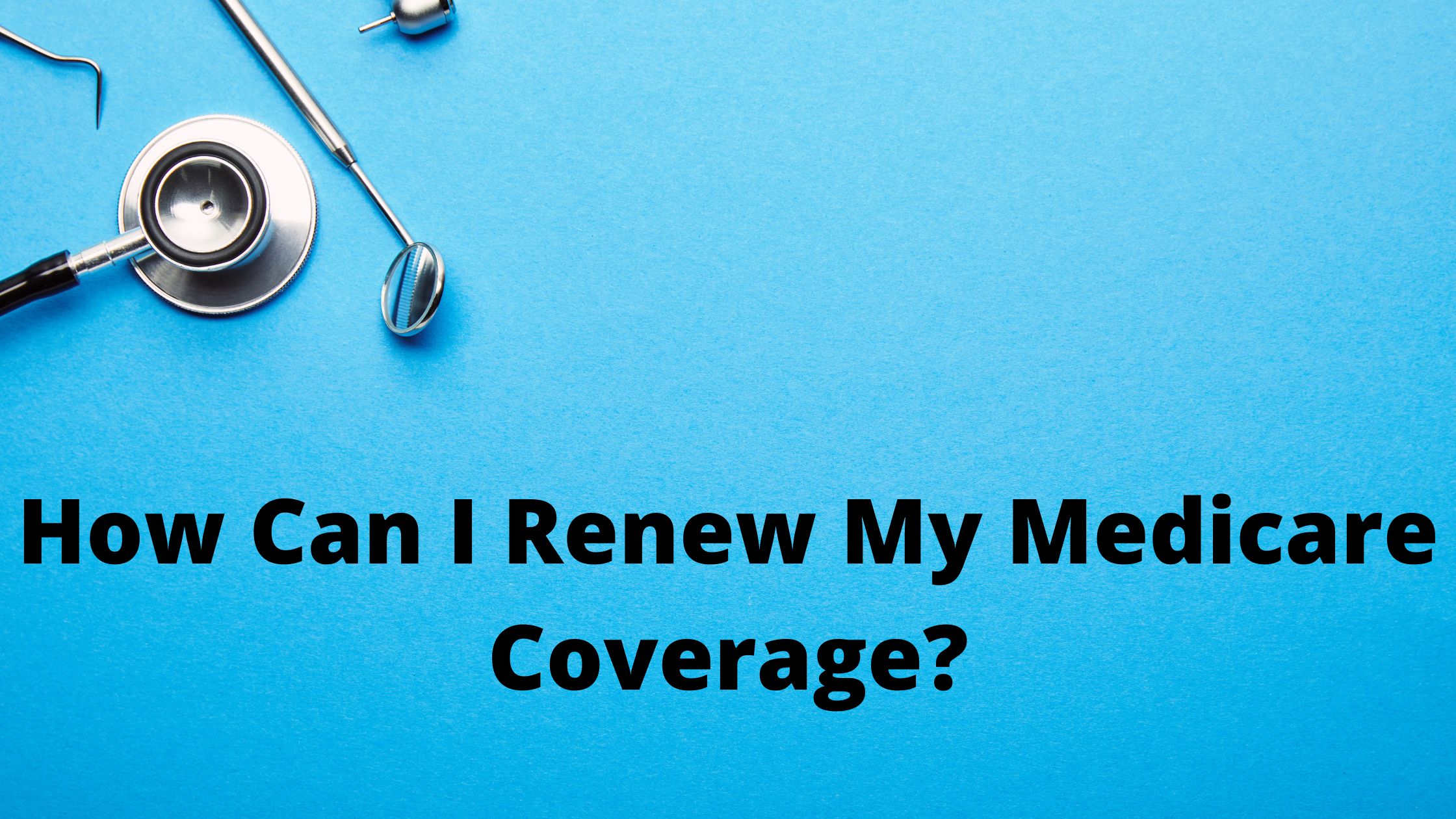Medicare is a government-run healthcare program that provides coverage for people aged 65 and over, as well as people with disabilities. If you are aged 65 or over, and have a disability, you may be eligible for Medicare. There are several steps you need to take to determine whether you are eligible, and then enroll in the Medicare program. This guide will outline everything you need to know about Medicare, including eligibility requirements and the enrollment process.
What is Medicare?
Medicare is a government-funded health insurance program for people age 65 and older and for people with disabilities.
It covers hospital expenses, doctor bills, prescription drugs, and a limited number of other costs.
You usually pay the premiums yourself, although some people may have their benefits paid for by the government.
Medicare is available to people who live in the U.S. or who are visiting the country.
For more information, visit Medicare’s website or call 1-800-MEDICARE (1-800-633-4227).
How Much Does Medicare Cost?
Medicare is a government-sponsored health insurance program offered to people aged 65 and older, as well as people with disabilities.
The program generally covers outpatient services and some inpatient care. The monthly premium for Medicare varies, but on average it is around $134 per month. Premiums are paid by the beneficiary, the employer, or a combination of the two.
There are also several Medicare supplement plans that offer additional benefits. For example, the Part D plan provides coverage for prescription drugs.
For more information about Medicare and its premiums, visit the Centers for Medicare and Medicaid Services website or contact your state’s Medicare office.
Are There Any Benefits to Being a Medicare Beneficiary?
There are a few benefits to being a Medicare beneficiary, even if you don’t use the program yourself. These include:
— Reduced health costs: Medicare is the primary source of health insurance for over 50 million Americans, and as such, it can reduce the cost of health care for those covered by it.
— Increased access to medical services: If you have Medicare, you’re automatically eligible for many free or discounted health care services from hospitals and doctors. You may also be able to receive financial assistance to cover part or all of your health care costs.
— Security in old age: Medicare provides peace of mind in retirement years by guaranteeing that you’ll have enough money to cover your expenses if you become ill or need long-term care.
Types of Medicare Plans
There are three types of Medicare plans: Part A, Part B, and Part C.
Part A covers inpatient hospital care and some medical services while Part B covers outpatient hospital care and medical services. Part C is a Medicare supplement that covers additional medical expenses not covered by Parts A or B.
If you are over the age of 65 and have Medicare, you may be eligible for a Medigap plan. A Medigap plan is a private insurance policy that helps cover the costs of Medicare Part A, Part B, and/or Part C services.
How Can I Renew My Medicare Coverage?
If you are age 65 or older, you may be able to renew your Medicare coverage. To renew, you must go to your local Medicare office and complete an application. You will need to provide proof of your identity, Social Security number, and citizenship. If you are not already enrolled in Medicare, you will have to enroll before you can renew your coverage.
What If I Need to Cancel My Medicare Coverage?
If you need to cancel your Medicare coverage, there are a few things to keep in mind.
First and foremost, you’ll want to make sure you have a good understanding of your rights as a Medicare beneficiary.
Second, be sure to contact your Medicare provider in advance of canceling your coverage. This will help them avoid any costly penalties or fees.
Finally, be aware that if you cancel your coverage within the first three months after becoming eligible, you may be subject to a penalty of up to $200 per month.
Conclusion
As we get older, it becomes increasingly important for us to be aware of our health insurance options and understand the basics of Medicare. This article provides an in-depth overview of what Medicare is, how it works, and what you need to know if you are considering signing up for the program. I hope that this guide has helped answer some of your questions and given you a better understanding of one of the most important aspects of aging.

